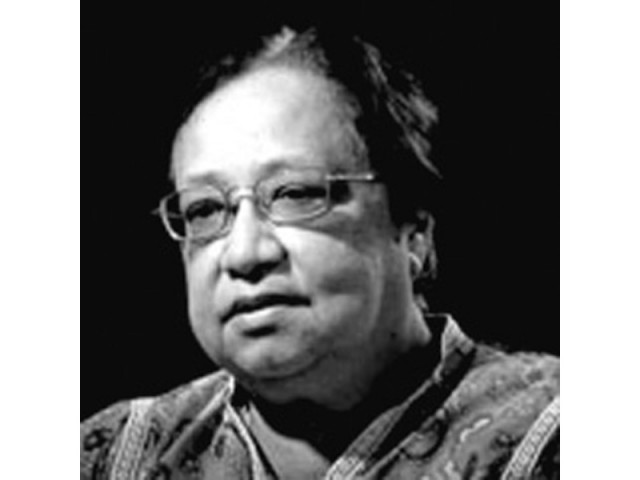In fond memory: The ‘angry’ woman who would not let injustice slide
Friends and admirers fondly remember Najma Sadeque’s activism and disdain for authority

Late journalist Najma Sadeque.
The conference hall at the Karachi Press Club had a curious centrepiece on Friday evening: a billboard with the caption, “If you think you are too small to make a difference, try sleeping with a mosquito.” The stage was set for a memorial reference in honour of late journalist and activist, Najma Sadeque.
The board was the same that once hung in Sadeque’s room and may well have been the driving force behind her many struggles for human rights. For Sadeque always believed that a single person could make a big difference if only they made the effort.
Whether it be working for women’s rights, labour rights, food insecurity and environmentalism or opposing the forces of capitalism and imperialism, activism was not only her profession - it was her life.

Sadeque passed away on 9 January, 2015 at the age of 72. She was a woman who had worn many hats during the lifetime. She was a journalist, a human rights activiist, founder of the NGO Shirkatgah, researcher and author of several books and reports, a founding member of the Women Action Forum and the list goes on. Her booklets have been translated into 13 languages.
“If she came across any injustice, she took notes and it came out in her articles,” said her daughter, Deneb Sumbul. “She always had an unending number of ideas and perspectives.” She was deemed fearless by many and was known to have no respect for bureaucracy or people in power.
“She was the kind of journalist whose pen was like her sword,” said Anis Haroon, former chairperson of the National Commission on the Status of Women and a close friend. “She had anger inside her - that’s what made her an activist,” she reminisced. “The kind of anger that makes you take action against injustice.”
She wrote an adaptation of the play, Macbeth, called Maqbool in Ziaul Haq’s era so articulately that the censor board did not understand it was against Ziaul Haq and against the execution of Bhutto and let it publish in the newspaper. “There are three ways to look at leadership: The leadership that only takes. The ones who gives in order to take and the ones who give,” said Farida Shaheed from Lahore Shirkatgah.”
She was the one who gave.
Published in The Express Tribune, January 26th, 2015.



















COMMENTS
Comments are moderated and generally will be posted if they are on-topic and not abusive.
For more information, please see our Comments FAQ